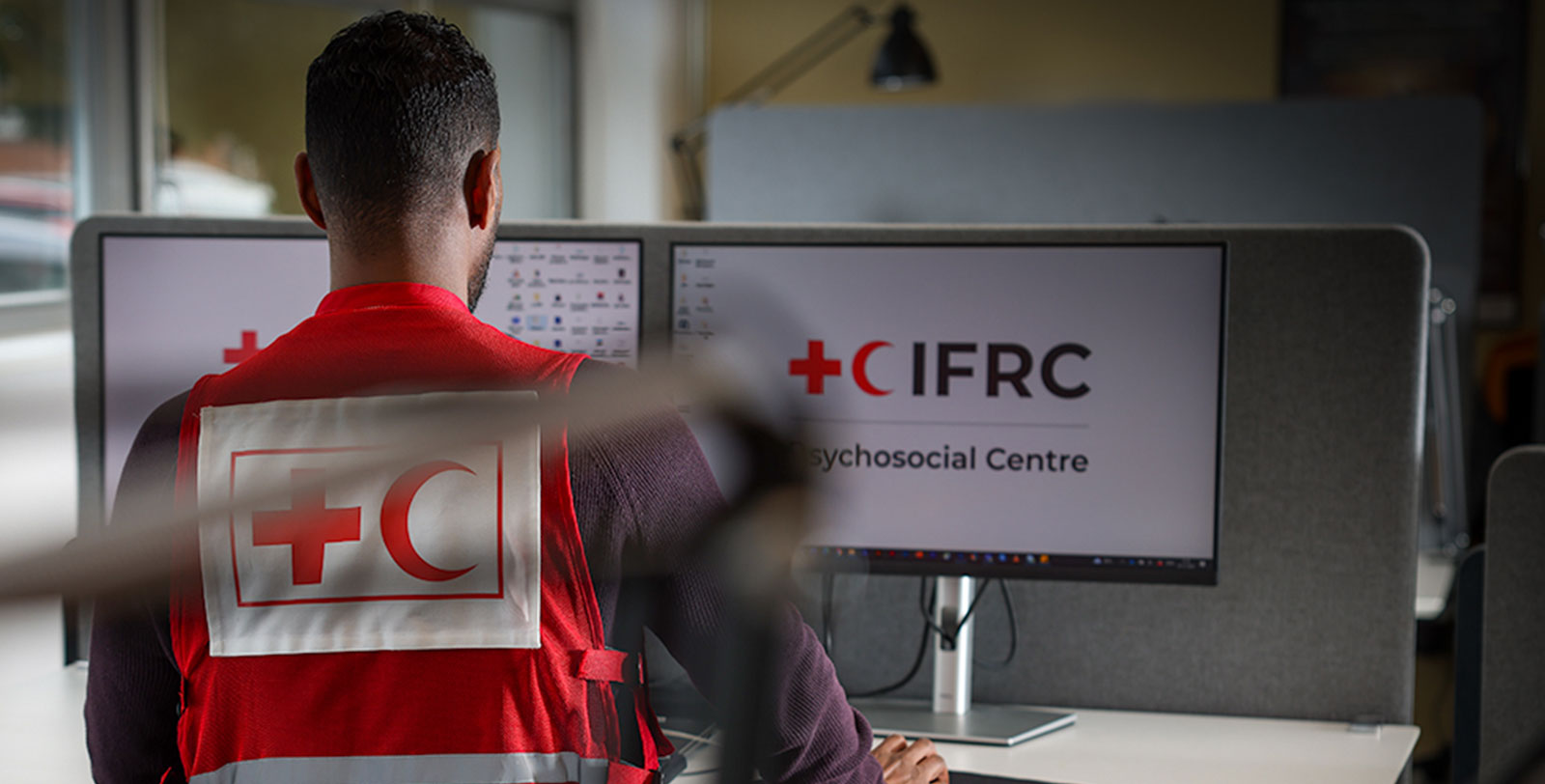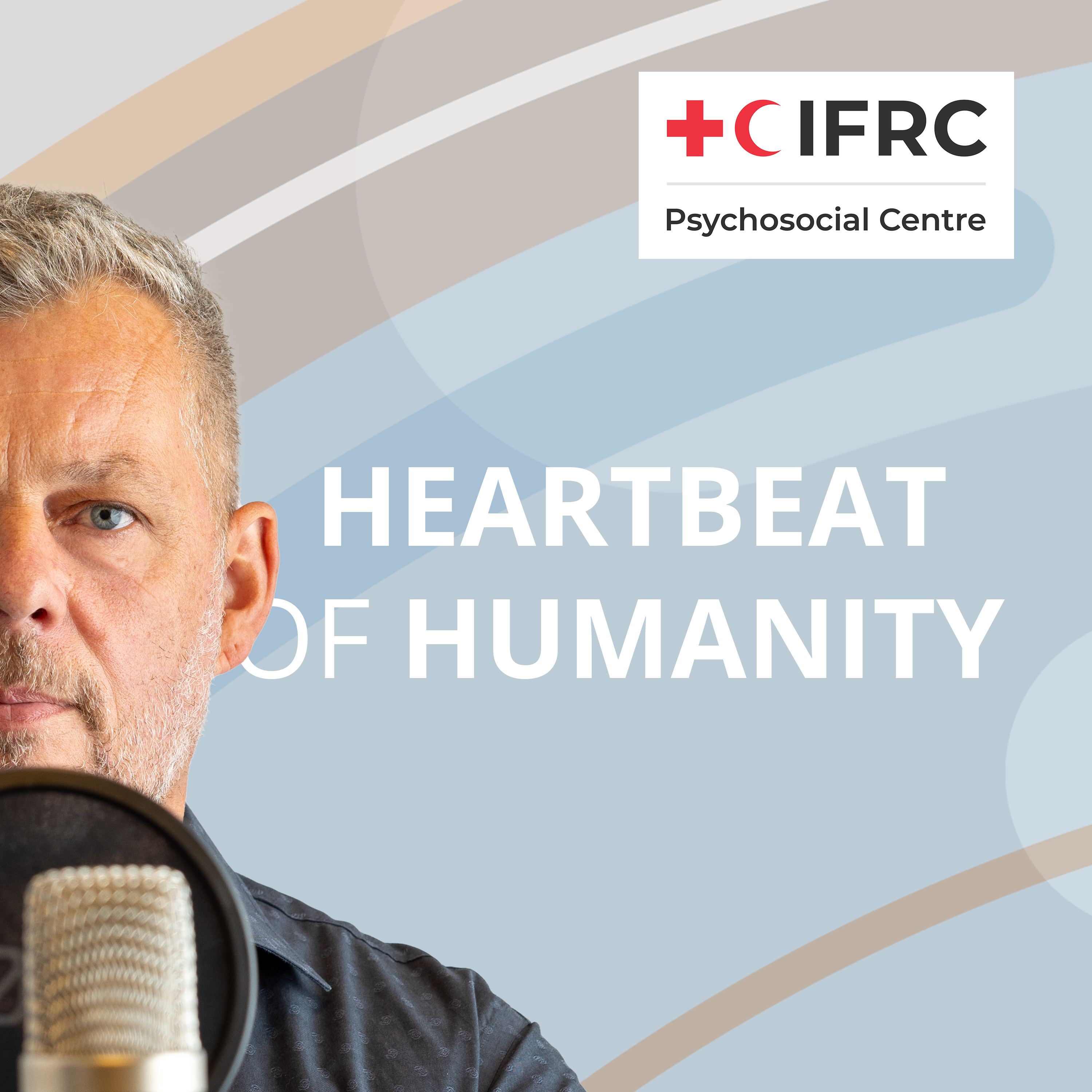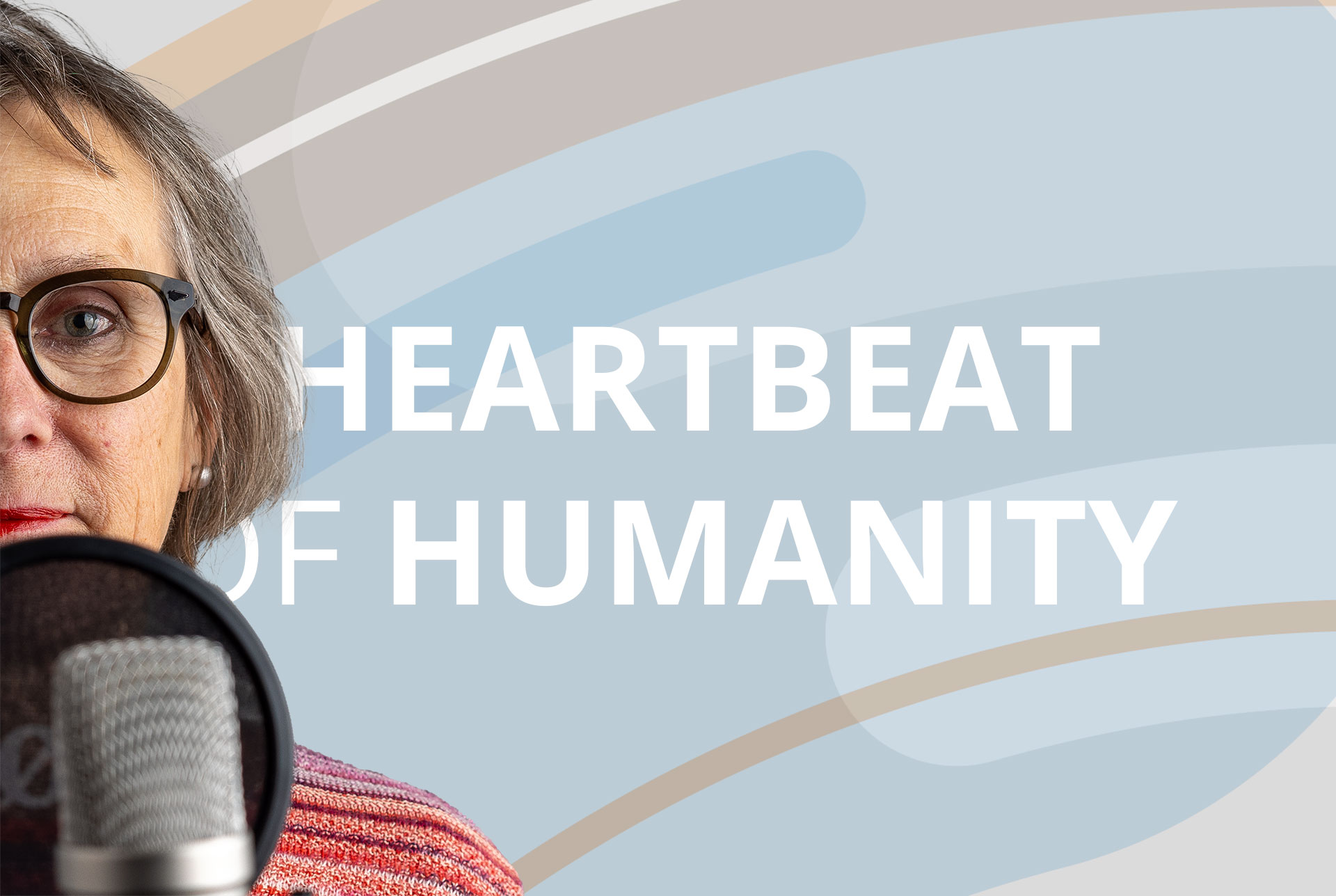Young people have the feeling that they cannot participate, they are not asked, they are not heard, nobody listens to them... What adults have to learn is to go into dialogue with young people and children, not to always try to protect them, but involve them. If we take the current crisis in Ukraine as an example, it is about talking to children openly about what is happening and being guided by their questions.
Dr. Barbara Juen, Technical Manager of the Psychosocial Services at the Austrian Red Cross
In this episode of Heartbeat of Humanity, Ea Suzanne Akasha, Technical Advisor at the IFRC Psychosocial Centre, interviews professor Dr. Barbara Juen, and psychologist Vanessa Kulcar, about the mental health of children and young adults.
In times of crises such as COVID-19, climate change and conflict, feelings of helplessness and hopelessness are increasing in children and young adults. Vanessa Kulcar: “They (children and young adults) don’t have a lot of possibilities to react to the crisis and their understanding of what measures are taken is decreasing over time. When we look at the different emotions they are experiencing, emotions like helplessness and hopelessness are increasing.”
Listen to the full episode to learn more about how caregivers and educational institutions can support children and young adults during a crisis, help them participate, and incorporate psychosocial competencies in the materials they are teaching.
The podcast Heartbeat of Humanity is mainly for staff and volunteers in the Red Cross Red Crescent Movement, especially staff and volunteers working in mental health and psychosocial support services.
Listen to the podcast here or subscribe on Apple Podcast, Spotify, Google Podcast or wherever you find your podcasts.




